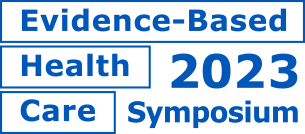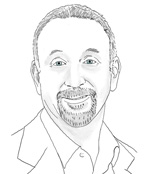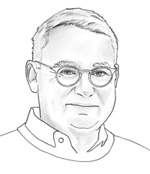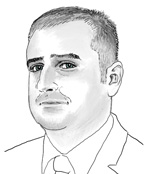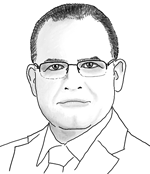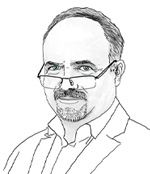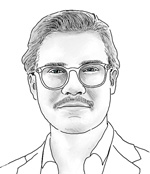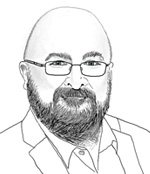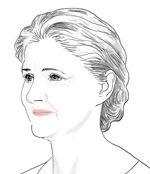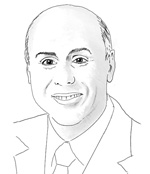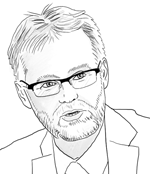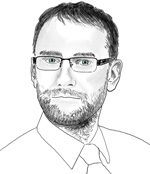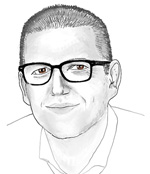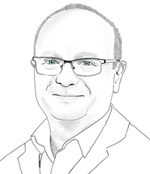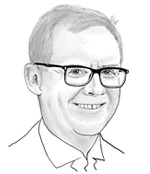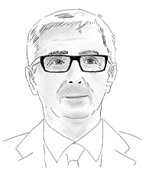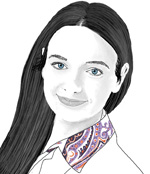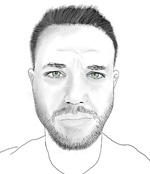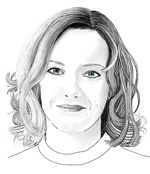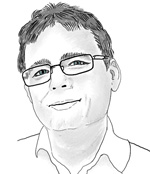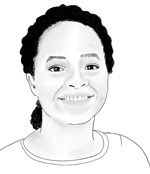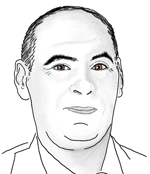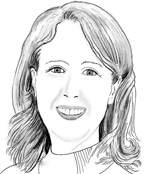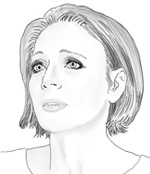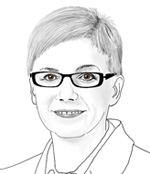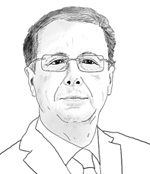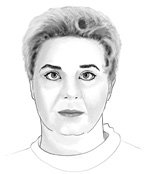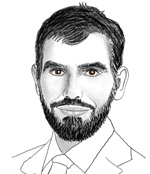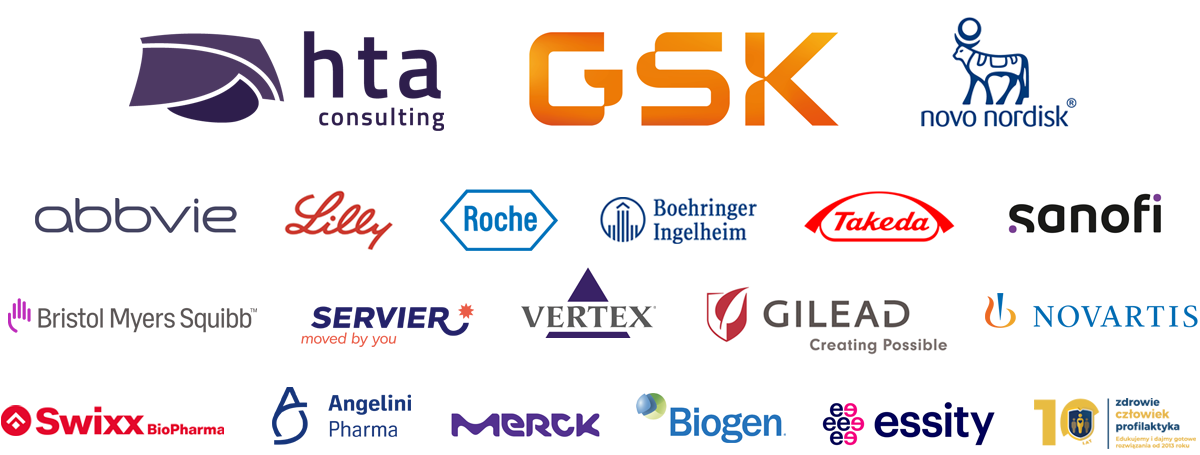Sessions
18th International EBHC Symposium 2023
Integrating evidence for enhanced outcomes
October 9-10, 2023 | hybrid format
Schedule | Sessions | Speakers | Partners | Conditions of participation | ![]() Preliminary Programme EN – 2 MB |
Preliminary Programme EN – 2 MB | ![]() Final Programme EN – 4 MB
Final Programme EN – 4 MB
- Session 1: Opening of the Symposium
- Session 2: International HTA developement
- Session 3: Challanges for local governments – difficult choices, election time...
- Session 4: Poland and Ukraine – common healthcare challanges
- Session 5: The need of innovation in HTA
- Session 6: Best practices of integration in care
- Session 7: The value of medical care - the patient's perspective
Day | Monday, October 9, 2023
9.00–17.00
Session 1: Opening of the Symposium
Day 1: Monday, October 9, 2023, 9.00-10.30
HTA's evolution will be driven by technological advancements, societal values, healthcare trends, and global challenges, ensuring that patients receive treatments that offer real value (safe and effective). The integration of data and measurments in the system will provided by:
- Integration of Real-World Evidence (RWE). HTA bodies might increasingly utilize RWE, data gathered outside of randomized controlled trials, such as electronic health records, to inform their decisions.
- AI. With advancements in artificial intelligence and machine learning, future HTA processes might employ these tools to analyze complex datasets and model long-term health outcomes more precisely.
- Personalized Medicine. As medicine becomes more tailored to individual patients, HTA will need to evolve its methods to assess the value of treatments for smaller patient populations.
- Adapting to rapid innovations. With emerging technologies like gene therapies, nanomedicine, or digital health solutions, HTA will need to be agile and adapt its methodologies to appropriately evaluate these innovations.
- Holistic evaluations. Beyond just clinical effectiveness and cost-effectiveness, future HTA might integrate broader societal impacts, such as environmental sustainability or socio-economic factors.
- Global collaboration. With the increasing globalization of healthcare, HTA agencies may collaborate more, sharing knowledge and methodologies to ensure consistent and high-quality evaluations.
- Ethical considerations. Ethical frameworks might become more prominent in HTA to address challenges related to equity, access, and societal values.
- Patient involvement. As the push for patient-centered care grows, patients may play a more significant role in HTA processes, providing insights into preferences, quality of life, and perceived value.
- Dynamic re-assessment. As technology and treatments evolve rapidly, there might be a need for more regular re-evaluations of technologies post-market to ensure continued value and safety.
- Transparency and openness. The HTA process might become even more transparent, with broader stakeholder engagement and open-access models to methodologies and findings. top
Speakers:
* not confirmed
Session 2: International HTA developement
Day 1: Monday, October 9, 2023, 10.45-12.45
Currently, two projects are being developed in the European Union that aim to integrate data at the international level:
A key element of these two initiatives is the creation of mechanisms and procedures for analyzing mass data and increasing the importance of RWE in healthcare. Taken together, EHDS and JCA have the potential to transform European healthcare. They will provide a system in which medical decisions are evidence-based, comprehensive and reflect real-world scenarios. As the European Union strives for many years to create a unified health data landscape through EHDS, a symbiotic relationship between JCA (clinical data) and RWE (patient data) will be crucial. RWE, derived from real-world data (RWD) such as electronic health records, patient registries, and health applications, provides insights into patient outcomes, treatment patterns, and medical costs in routine clinical settings. Unlike traditional clinical trials, which take place in controlled environments, RWE offers a more comprehensive look at how treatments work in everyday life, and its importance is increasingly appreciated in the context of health technology regulation and assessment.
The European Health Data Space (EHDS) is a groundbreaking approach to healthcare in the European Union. This is an initiative to ensure access, sharing and use of health data between Member States, while maintaining the highest standards of data protection. In the future, EHDS will be a platform for cross-border clinical trials, the subject of health analyzes and one of the key elements of health services.
Joint Clinical Assessment (JCA) also plays a key role in this shift in approaches. It analyzes the clinical benefits of new health technologies, enabling future healthcare decisions across Europe. By developing a common methodology and, increasingly, integrating scientific evidence (including RWE), the JCA can strengthen evaluation in the future based on data from clinical practice from across the EU. top
Speakers:
* not confirmed
Session 3: Challanges for local governments
– difficult choices, election time...
Day 1: Monday, October 9, 2023, 13.45-15.45
The post-pandemic landscape presents unique challenges in many areas for local government. These difficulties are particularly noticeable in the field of prevention and the implementation of public health tasks, such as health education or early detection of diseases. Since 2017, we have observed a systematic decline in the number of health policy programs assessed by AOTMiT. The simplifications introduced by the Agency for Health Technology Assessment and Tarification, in the form of model health policy programs (recommendations), do not compensate for this decline. Health budgets have been reduced in many local governments. This is the result of, among others, rising costs of electricity, falling local government revenues and the need to organize additional activities related to the conflict in Ukraine. This situation is compounded by additional problems, such as delays in diagnosis during the pandemic, demographic crisis, difficulties in obtaining funds from European funds and complications related to parliamentary and local government elections.
When making decisions, it is crucial to have reliable data, cooperate in a team and share experiences and educational materials. This may contribute to better use of local government resources. As part of the Local Government Academy, current topics and challenges are discussed every year. In the first part of the session, we will present the possibilities and scope of local governments' use of funds from the Medical Fund as a new tool for financing health policy programs. We will also discuss specific program proposals in the field of diabetes, oncology and infectious diseases. In the second part of the session we will discuss problems related to health care for Ukrainian refugees. We will take into account both the scope of care and communication aspects with a huge group of new beneficiaries of the Polish health care system. We cordially invite you to participate. top
Speakers:
* not confirmed
Session 4: Poland and Ukraine – common healthcare challanges
Day 1: Monday, October 9, 2023, 16.00-17.00
Speakers:
* not confirmed
Day 2 | Tuesday, October 10, 2023
9.00–15.45
Session 5: The need of innovation in HTA
Day 2: Tuesday, October 10, 2023, 9.00-11.00
Speakers:
* not confirmed
Session 6: Best practices of integration in care
Dzień 2: wtorek, 10 października 2023, godz. 11.15-12.45
- the cost,,
- quality of service,
- availability and
- effectiveness.
Speakers:
* not confirmed
Session 7: Value of health care - the patient's perspective
Dzień 2: wtorek, 10 października 2023, godz. 13.45-15.45
Speakers:
* not confirmed
